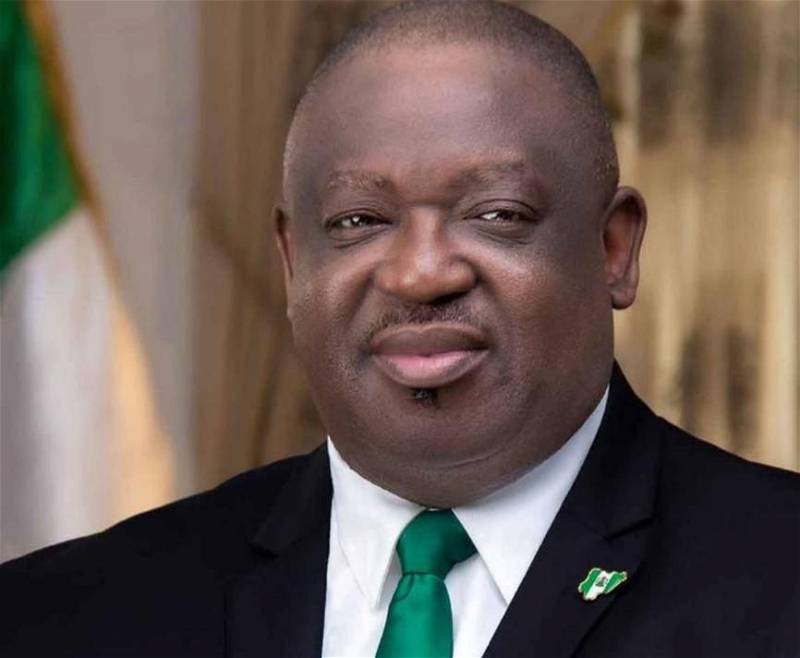The Nigerian National Mirror/Technical Committee on Electromedical Equipment will adopt 16 International Standards on essential electro-medical equipment.
Mr Osita Aboloma, the Director-General, Standards Organisation of Nigeria (SON), made this known at a webinar on Wednesday in Lagos.
Aboloma was represented by Mrs Chinyere Egwuonwu, the Director, Standards Development, at the programme.
According to him, the 16 International Electrotechnical Commission (IEC)/International Organisation for Standardisation (ISO) standards has become global requirements in the fight against the ongoing pandemic.
Aboloma said that there had been an increase in the global demands for the production and consumption of quality, safe and dependable medical equipment and systems in their varied brands.
“As a result, responding to the emergency demands foisted on medical systems globally has consequently challenged the National Standards development bodies to ensure the availability of standards in order to continuously save lives,” he said.
Aboloma reiterated the sensitivity of the medical sector for reasons of safety, precision of equipment, functionalities and value for money in the face of the global health and economic challenge posed by the COVID-19 pandemic.
He assured the technical committee of SON’s commitment to continuously guaranteeing availability of standards, creation of awareness and promotion of strict implementation and compliance in collaboration with relevant stakeholders and regulatory authorities.
Aboloma said that the development and subsequent implementation and enforcement of the 16 standards, when approved by the Standards Council, would among others, encourage and support local production of medical devices, equipment and systems.
He said that it would also provide the necessary benchmark to adjudge imported medical equipment in the category.
According to him, it will ensure compliance to medical safety standards in terms of performance, reliability, accuracy/precision.
“It would also put into consideration patients’ safety, precise communication protocol with other medical devices as well as handlers’ safety,” he said.
Aboloma also enumerated other benefits of the adopted standards to include: supporting research and developments in the electromedical equipment and systems in Nigeria.
“It would also create fair playing ground for all related medical equipment produced locally and imported into the Nigerian markets as well as promote greater competitiveness of locally manufactured and imported electromedical equipment,” he said.
Commenting on the 16 IEC/ISO standards, Dr Ayodele Esan, Chairman, National Mirror/Technical Committee, said that adoption of the international standards would enhance local production of electro-medical equipment and provide strong basis for regulation.
Esan assured the SON director-general that the rich knowledge and experiences of the Mirror/Technical Committee members would be brought to bear in the deliberations.
He also pledged the commitment of his members to ensuring the best for the nation in the consideration of the standards.
“The wide representation of stakeholders at the meeting is a pointer to how seriously they view the assignment,” he said.
The stakeholders represented at the technical meeting included Nigerian Medical Association (NMA); Association of Medical Laboratory Scientists of Nigeria (AMLSN) and Nigerian Society of Engineers (NSE).
Others are Manufacturers of Electromedical Equipment; Medical and Dental Council of Nigeria (MDCN); Nigerian Institute of Medical Research (NIMR), the Academia and other experts across the country. (NAN)




